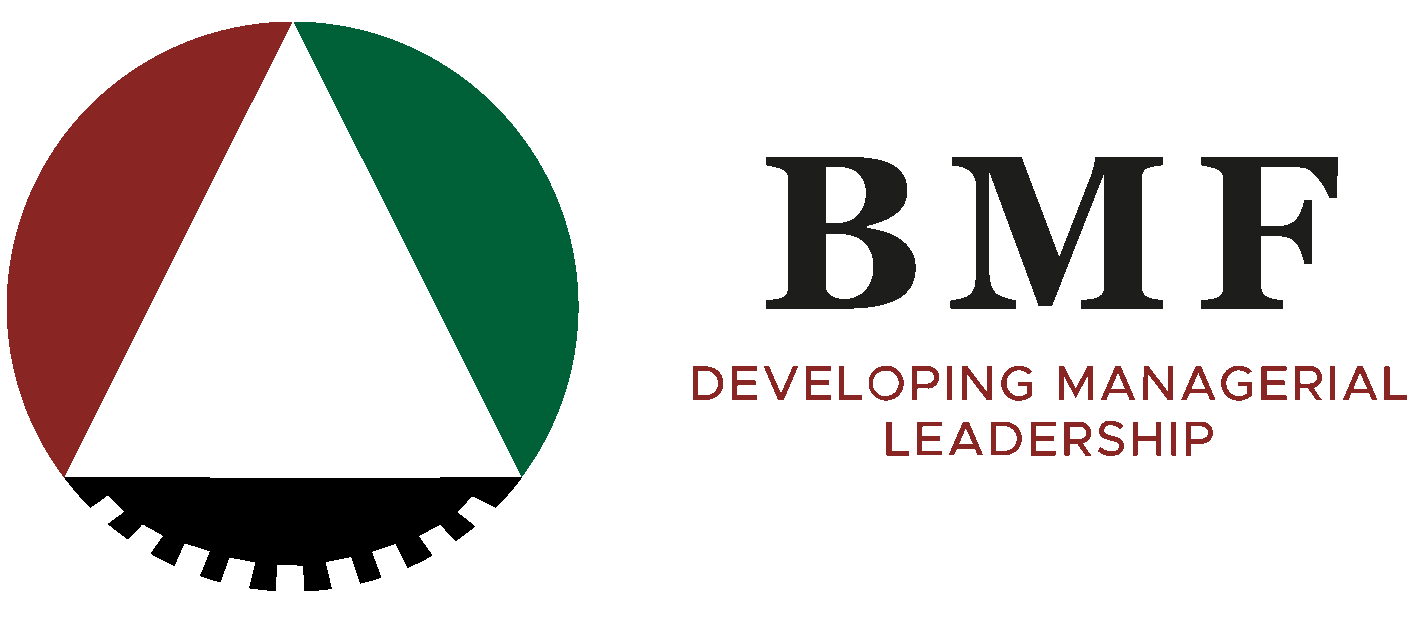In Lot Ndlovu’s farewell lunch as the Chairman of Nestlife, he said these timeless words, “those managers and leaders that have their hands on the levers of power in government and business must tremble each time they make decisions because what they do now will eventually affect the community out there.”
These words should appear in every boardroom across the country as a constant reminder of the power that is held in top leadership spaces that have the potential to alter society. The power of business globally should never be underestimated, and the economic system that underpins its existence. The political framework in any capitalistic society is neatly woven into the economic system; in other words, the business holds more substantial societal power than the political system. Business can be a force for good or for ill.
Business is more rewarding than any other institution in society, compared to sports, religion etc, because it is the only one that can override the rest. When some leaders are confronted with ethical questions in their decision-making that include capital, they are likely to be overwhelmed by the prospects of capital than draw a line in the sand.
This we have perceived and continuously observed in all stakeholders of society. Prof. Sampie Terreblanche, in his book Lost in Transformation, states that South Africa’s choice of the economic system was heavily influenced by the minerals energy complex and American pressure groups during engagements with the ANC. His insight into the power of business overriding politics is clearly laid bare. He also laments that something fundamental needs to happen in order to decisively deal with poverty, inequality, and unemployment.
The entire system needs to be looked at from a bird’s eye view and not from different parts. The advent of oligopolists in the country needs to be dealt with from a macro view and not from an industry-to-industry view.
The dominant few players in each industry are a result of systems thinking and a historically racialised economic environment; even when black businesses emerge, they do not outgrow and outcompete the dominant industry players. Government effectiveness would focus on a high-performance culture in all spheres of government, and ensuring that the State has top-quality skills. Local government in many provinces has collapsed, due to ineffectiveness and little care for management principles. Basics have been replaced with political expediency.
Leadership quality refers to the ongoing and deliberate effort to develop conscience leaders who would place the interest of the country first. Business schools across the country would need to align to the leadership development agenda, and begin to teach leadership from an African perspective. Africanising the economy cannot happen without African leadership taking centre stage in the development of leaders. BMF needs to recalibrate its idea from 1976 to establish a University of Leadership Development. This institution can become the home of African leadership development, firmly founded on the BMF ethos and values.
As the BMF reaches its 50th year in four years, this project needs to have been in the pipeline. Socio-economic transformation is the cornerstone of rebuilding the country. It should not be a system that is grafted onto an existing one. It is an order that replaces and supplants the existing order, making other imperatives secondary.
Therefore, the notion of starting over seems to carry with it the reality of failure. Starting over often manifests when relationships have broken down, business ventures have not taken off, plans have not been executed, and experiments have failed. When we then extend the notion of a country starting over, it suggests that the key levers that make a country successful are either under threat, severely damaged, or destroyed. What therefore needs to be rebuilt in South Africa? What is broken? Who is broken? And do we have a future to look forward to?
The Black Management Forum is approaching its policy conference in the first week of November, and this question of starting over will be unpacked in the first-panel discussion. This discussion will set the tone for the rest of the conference in understanding the context of the country and what BMF needs to champion to turn this reality around or, rather, stop the country from becoming a failed state.
What are the key levers that drive success in a country? In my view, the following elements need urgent attention in order to reclaim a developmental path. The seven elements are; Key economic drivers, macro-economic policy & systems thinking, Government effectiveness, leadership quality, socio-economic transformation, spirit of the country, and education.
The key economic drivers of the country are informed by the capabilities and competencies a country has. Finance and Mining are the top two industries on the JSE in terms of market capitalisation. Finance, Personal Services, Manufacturing, and Trade are the top four industries that contribute to GDP. Should South Africa become a Finance driven economy, since it is the biggest industry?
These answers on the key economic drivers can only be answered by all of us when we focus on our capabilities and competencies. Macroeconomic policy and Systems Thinking is crucial in unearthing what kind of policy tools are needed to ensure that the entire economic system delivers what we desire.
Transformation would be the number one priority in all sectors of society and not a tick box exercise. The country would be seized with the thought of transformation and its prevalence for the survival of the economy.
The spirit of the country would talk to the new national consciousness of humanising the country and redefining it into our image. The current spirit that prevails is one of self-centeredness and not caring for the betterment of others. At the heart of this new consciousness would be the philosophy of Ubuntu.
Education is the bedrock of all societies. Deriving from the key economic drivers and capabilities of the country, the education system would then form around the key drivers of the economy. From basic education to higher education, the true meaning of development would be embedded into the system by embracing best practices for developing Africans as Africans and not developing Africans as Europeans.
And lastly, research and development underpin the above elements. R & D are a function of a thinking leadership, a focused people, and a generation that seeks to turn the tide and fortunes of the masses of our people.
The country deserves a stronger BMF, a clearer BMF, a consistent BMF, a respectful yet forthright BMF, a thoughtful BMF, and a BMF that champions justice, equity, and fairness to the best of its ability. The BMF remains an idea, and not a person, a place of hope and a home for managerial leadership development. We must all tremble, as Lot Ndlovu puts it, for the decisions we make today will impact the community tomorrow.
The outcomes of this conference will set the tone for transformation in South Africa for at least the next ten years; therefore, South Africa can start over because the BMF lives.

About the Author
Monde holds a BBA degree in Economics from UNISA, a Post-grad in Management Practice from Henley Business School and currently an Executive MBA Candidate at Henley Business School







